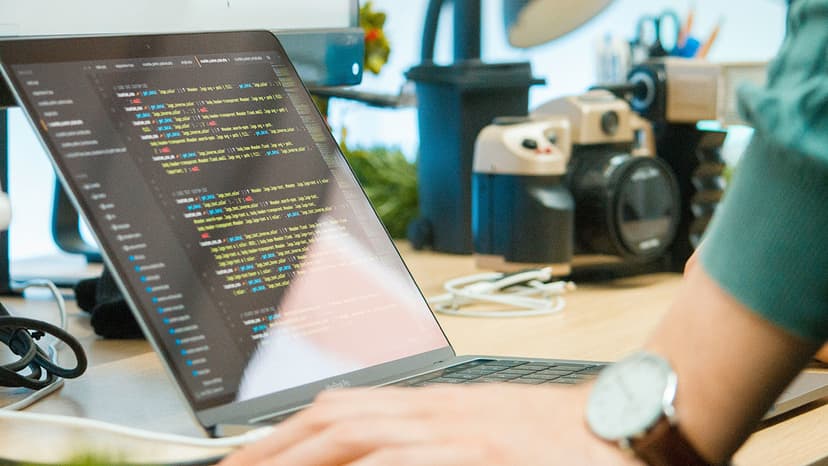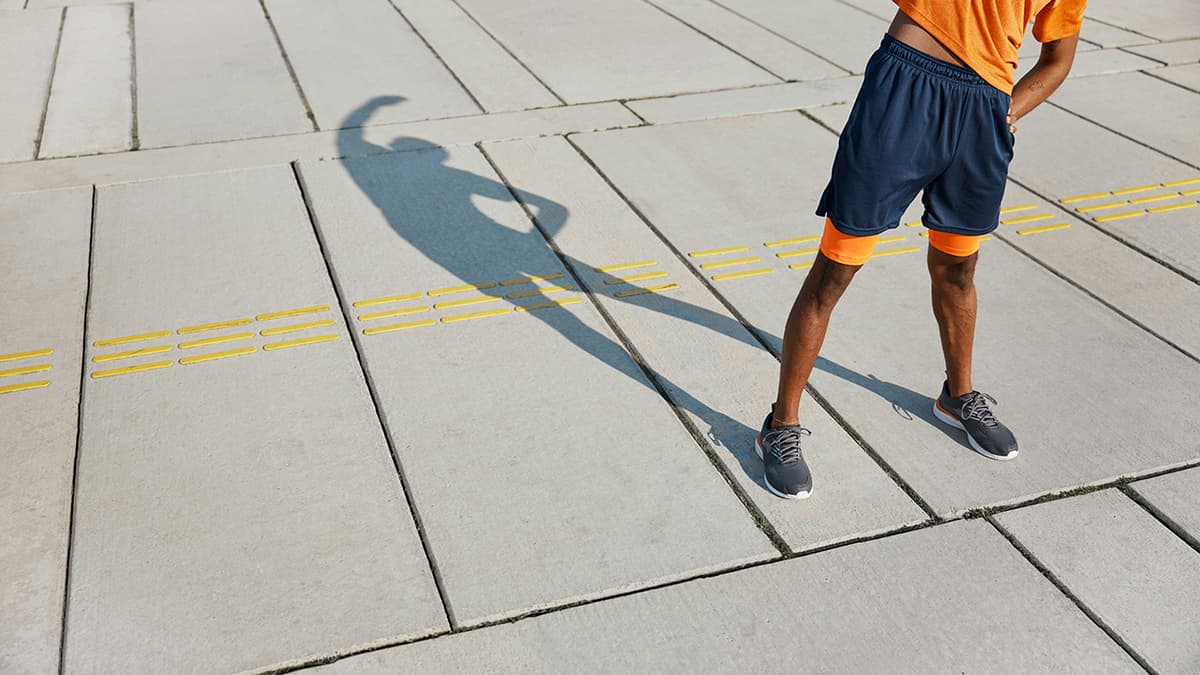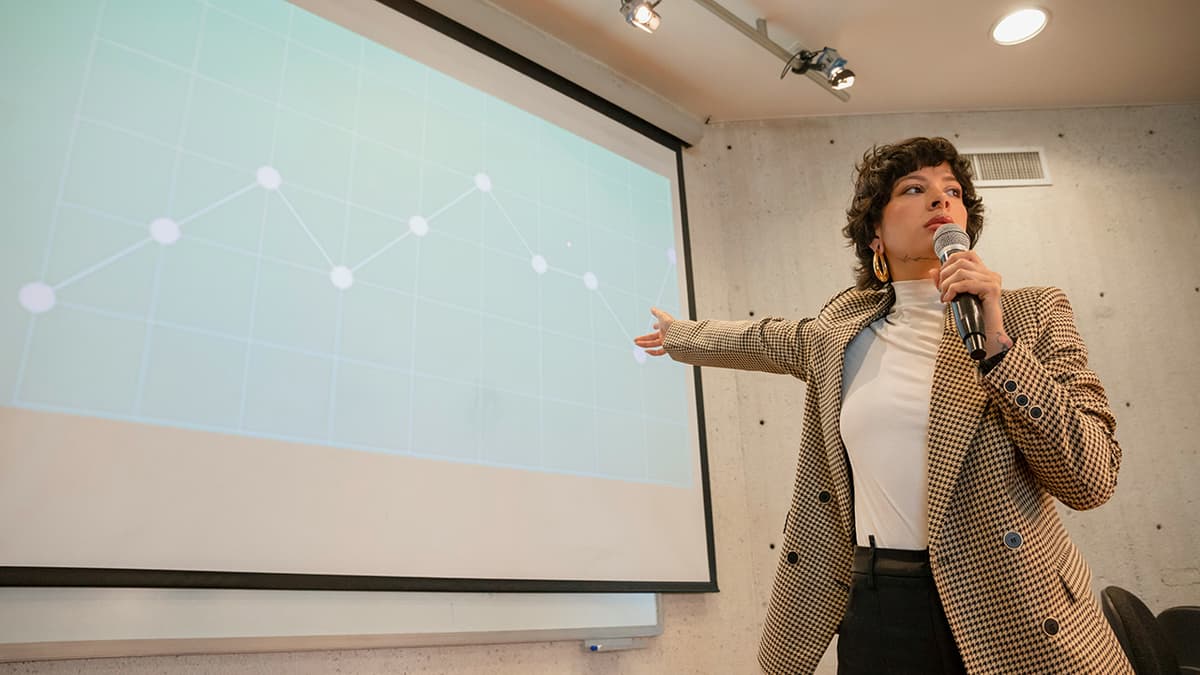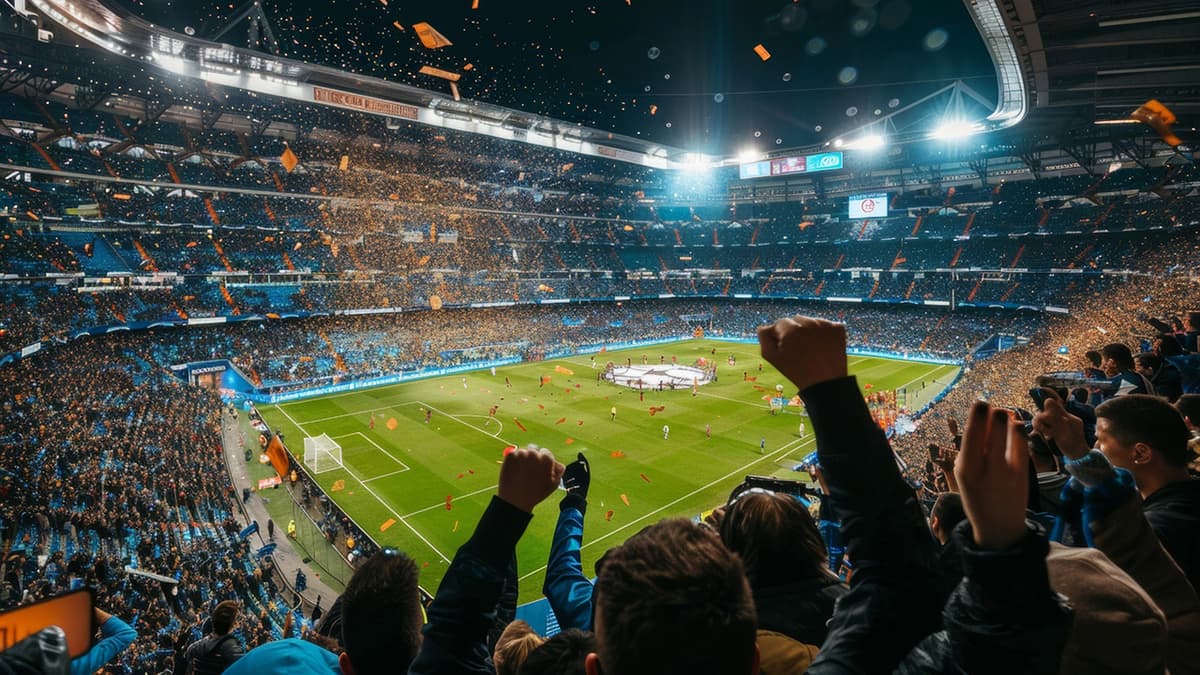Unlocking the Mystery of the Law of Proximity
The Law of Proximity explains how we interpret the world around us, especially in visual perception. It is part of Gestalt Psychology, which suggests that our brains perceive whole shapes before recognizing individual parts. This law states that objects that are near each other tend to be viewed as a group.
Consider how you see a cluster of balloons tied together. Their proximity makes you perceive them as a unit, even when they are identical to a single balloon floating alone.
In design and visual communication, the Law of Proximity is crucial. It helps create clear messages and organize visual elements in websites, logos, user interfaces, and advertisements.
For example, on a tech company’s website, you can see how related information is grouped closely, making it easier for users to navigate and make associations without realizing it.
Stepping Stones to Visual Clarity
A well-organized layout enhances content digestibility. Designers use proximity to:
- Make text easily scannable by grouping related items.
- Break information into manageable chunks to facilitate processing.
- Create focal points where closer clusters draw the eye first.
This principle is not just for designers. It is also vital in everyday communication. Grouping related steps or instructions can clarify a message for your audience.
Beyond the Visual: Proximity in Real Life
The Law of Proximity extends beyond visual perception and influences various aspects of life, including social relationships and organization.
- In social settings, physically close individuals are more likely to form groups or friendships.
- In workplaces, tools or files that are kept together are often seen as functionally related.
- Online, platforms group conversations or use algorithms to display related content based on previous interactions.
Mastery Through Understanding
Understanding the Law of Proximity allows you to manipulate space and organization effectively in design, communication, and everyday life.
In creative fields, this law is essential. Effective design stems from a comprehensive grasp of how people think and see. Designers use the Law of Proximity to create intuitive and cohesive experiences.
In daily life, applying this principle can lead to better organization and efficiency, from your desk layout to how you arrange apps on your phone.
The Magic in Simplicity
The Law of Proximity simplifies complex information. Whether stargazing, browsing the internet, or managing emails, this principle helps us make sense of our surroundings. It brings order to chaos and demonstrates its profound impact on our perception.
By embracing proximity, we can recognize patterns and associations that create a more connected and cohesive environment.












